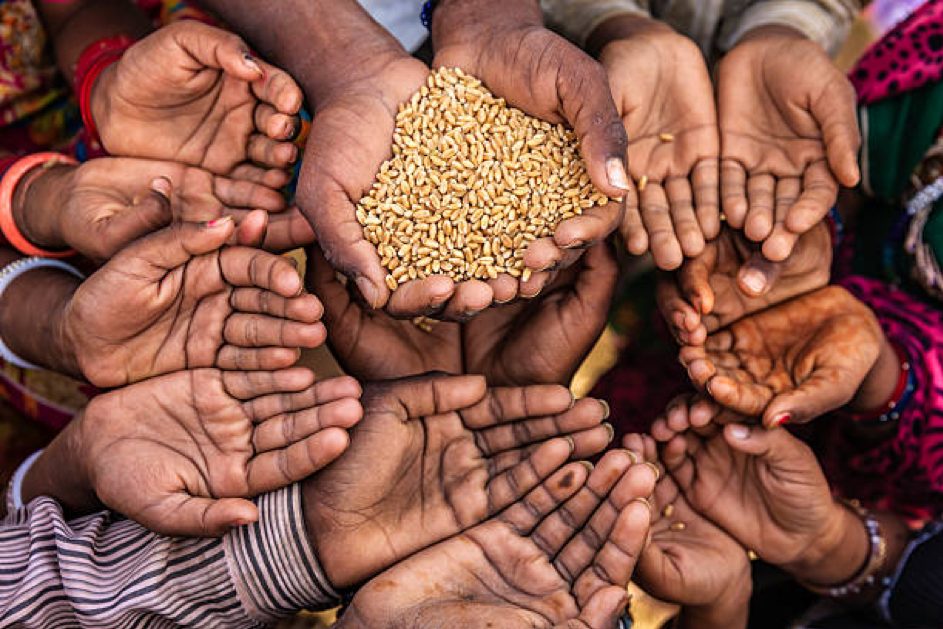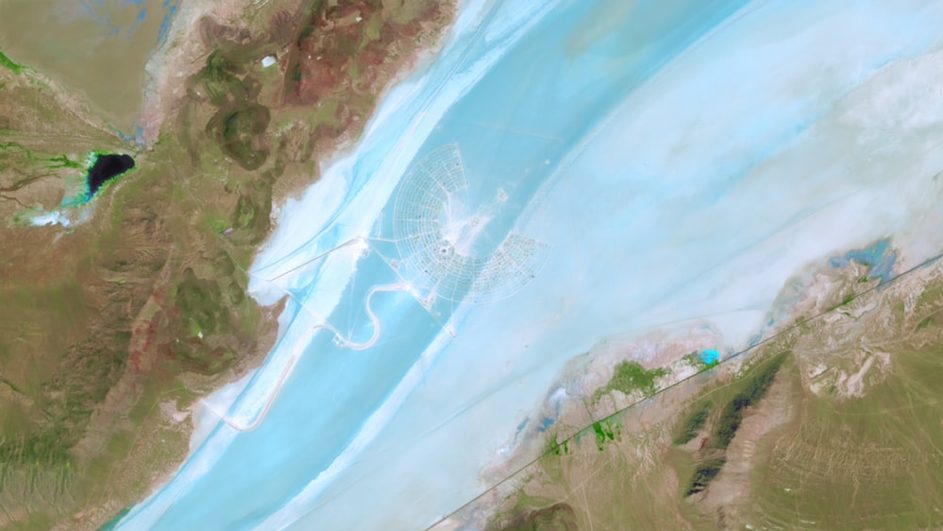Rather than suffer from drought or other climatic vagaries, researchers at the French National Research Institute for Agriculture, Food and the Environment (INRAE) decided to learn from them with a new experimental living lab located in Lusignan in the Vienne region of France.
This laboratory, called SICLEX, has all the tools to simulate life on earth and to put the guinea pig cultures to the test: radiant heaters, irrigation ramps, CO2 concentration device… This simulator of extreme climates allows the construction of different scenarios developed by researchers of the Intergovernmental Panel on Climate Change (IPCC).
The simulator comes as close as possible to real exposure conditions. For example, it triggers the roof covering of plants only a few minutes before the arrival of precipitation so as not to deprive them of natural sunlight by keeping them permanently under glass.
In addition, local sensors and UAVs collect data to provide atmospheric information, as well as 3D models of the plants at different stages of growth.
With this experiment, INRAE is seeking to improve our understanding of climate-crop interactions and minimize the hazards of fodder production that threaten animal feed, or even push farmers to reduce their herds.
Plants exposed to the Mediterranean climate have already revealed a few secrets: they have deeper roots, they stop growing in summer or, at least, do not start growing again at the slightest rainfall. The aim of the work is to obtain varieties that combine the advantages of different climates, i.e. the ability to resist the absence of water but continue to grow in summer.
Not all crossing potentials can be achieved in the field, computer modeling is taking over, but field trials are feeding this modeling. It is already possible to select varieties for species purposes but here the work will enable us to obtain a resilient variety in different environments.
Biodiversity is already recognized as a way of protecting plants, but it comes up against yield objectives on the part of growers. They persist in a monoculture that they put under water infusion in case of drought when water resources are already fragile in many regions. Resistance to drought is therefore an essential prerequisite not only for yields but also for the sustainable agriculture project.
In Lusignan, where researchers hope to discover the “foolproof” plant, the guinea pigs continue to suffer from a water deficit until they are released when they are exposed to rain again. The researchers then observe which are the surviving varieties and their respective capacities to leave again.
This botanical quest has led to other climate simulation experiments. Indeed, near Clermont-Ferrand, INRAE is also experimenting with different wheat growing conditions. As for the Centre de coopération internationale en recherche agronomique pour le développement (CIRAD), it is conducting work to assess the impact of CO2 levels on rice cultivation.
Source: Le Monde




